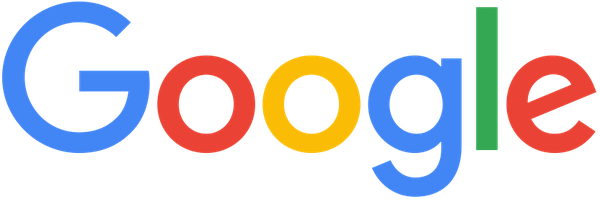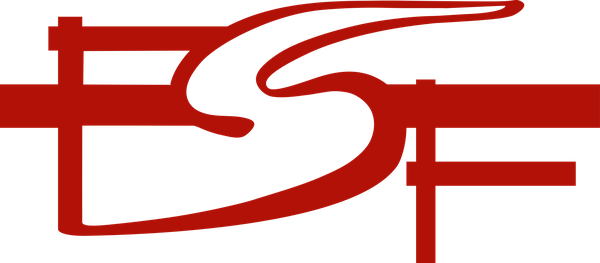Boundaries on freedom and copyleft in decentralized network environments
By
Christopher Lemmer Webber
How far can copyleft go in networked environments while remaining free? The AGPL has had some success in attempting to close the "network loophole" in the GPL in contemporary network services. But what happens in next-generation networked software when code meets data? Could compliance be used to violate privacy, or is this FUD? And what to make of the SSPL?
Monday 11 a.m.–11:30 a.m.
How far can copyleft go in networked environments while remaining free? The AGPL has had some success in attempting to close the "network loophole" in the GPL in contemporary network services such as Mastodon, MediaGoblin, and Nextcloud. But what happens in next-generation networked software when code meets data? Consider environments such as Emacs, where configuration formats is code. A user may have private rules about how to filter their email which may expose information about them. If similar designs were applied to agents running on network services, could AGPL compliance be used to violate privacy, or is this FUD? Does the GPL hold up as a "maximum copyleft" for such kinds of network services? Would an LAGPL help? And what to make of extending "copyleft" even further eg via the SSPL?
Christopher Lemmer Webber
User freedom advocate focusing on network freedom. Co-founded GNU MediaGoblin (a community-developed libre media hosting platform under the AGPLv3+), co-authored/edited the ActivityPub standard used to network together the federated social web, formerly worked as tech lead at Creative Commons.




